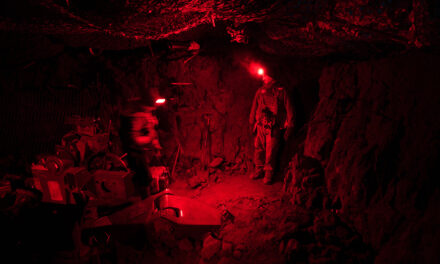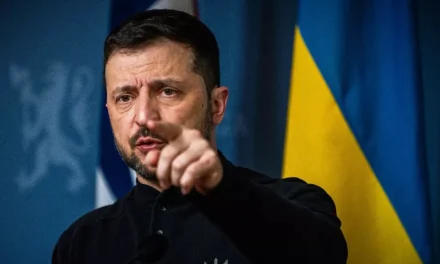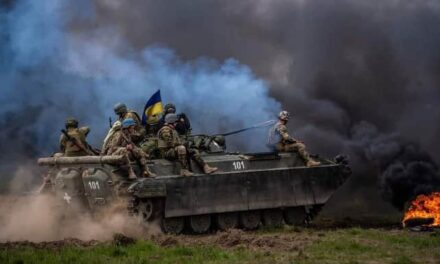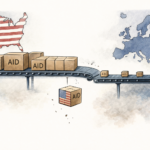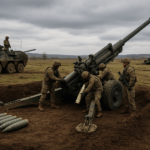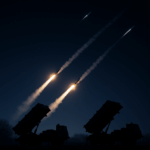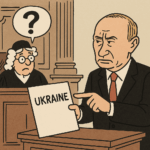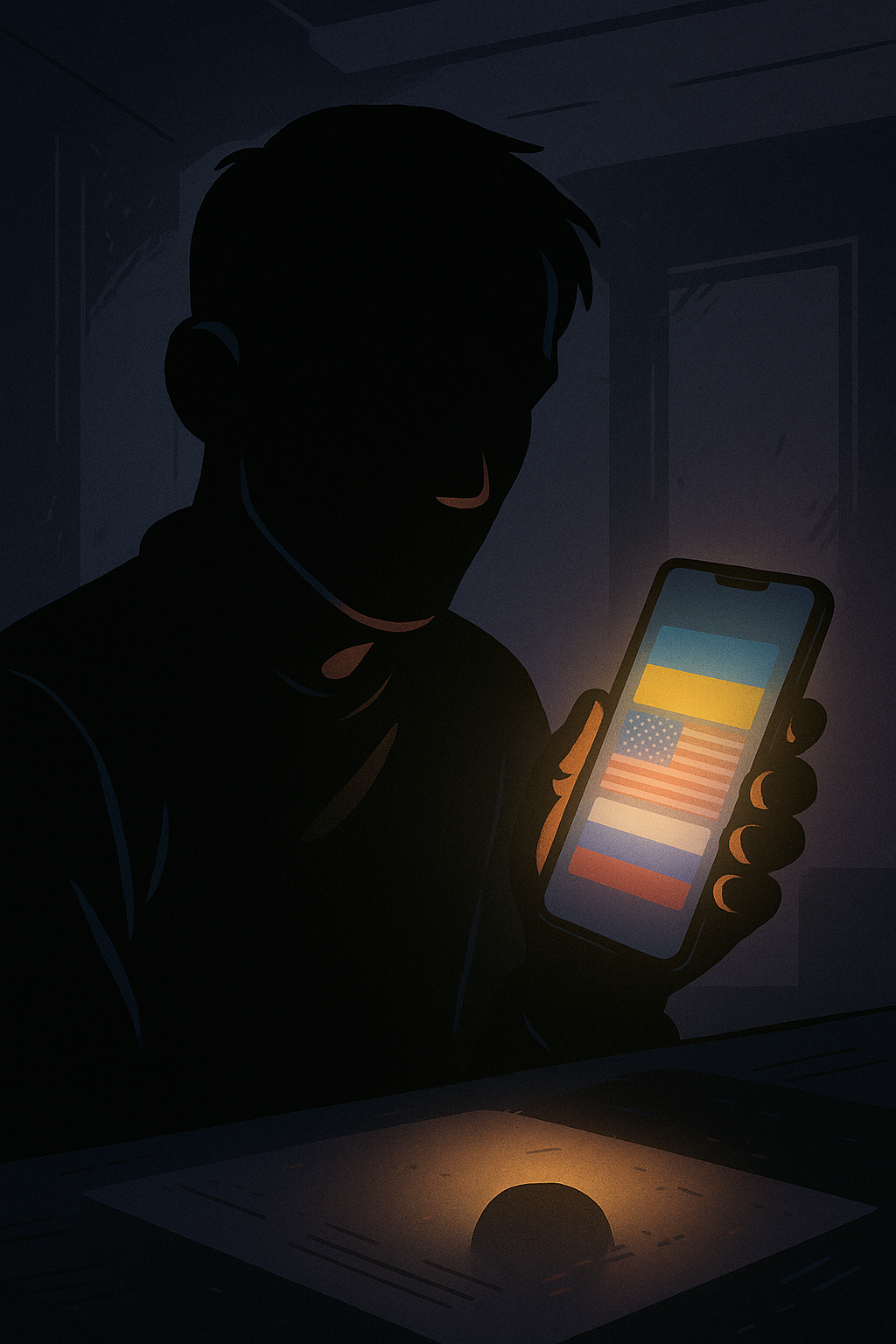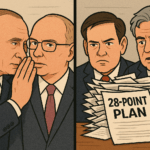Washington has temporarily halted deliveries of several high-value munitions to Ukraine because U.S. stockpiles are judged too low, according to officials cited by Reuters. The pause covers a narrow but critical set of systems that underpin Ukraine’s air defence and long-range strike capacity: about 30 Patriot interceptor missiles, roughly 8,500 155mm artillery shells, more than 250 GMLRS rockets for HIMARS, and 142 Hellfire air-to-surface missiles. Kyiv fears the gap will coincide with an upswing in Russian air and missile attacks and ongoing ground gains in the east, raising the odds of pressure on cities and front-line logistics if interceptors and precision fires must be rationed. Ukrainian officials warned that reduced support would weaken deterrence and complicate defence planning during a decisive phase of the war. Reuters
Ukraine summoned the acting U.S. envoy in Kyiv to stress that any interruption in support would embolden Moscow rather than drive it toward negotiations, and a Ukrainian official described the move as a “total shock.” NATO Secretary-General Mark Rutte acknowledged Washington’s need to manage its inventories but warned that, in the near term, Ukraine “cannot do without” ammunition and air-defence resupply. At the White House, deputy press secretary Anna Kelly framed the pause as a choice to “put America’s interests first” after a Pentagon review of global commitments, pointedly insisting U.S. military strength remains intact and referencing last month’s strikes on Iranian nuclear facilities. Reuters
The shift comes amid a volatile year for U.S. military aid flows. Reuters notes shipments were halted briefly in February and again, for longer, in March, before resuming to deliver the final tranches approved under the prior administration; no new packages have been announced. President Donald Trump has said he is considering selling more Patriot missiles to Kyiv after meeting President Volodymyr Zelenskiy. The Kremlin, for its part, welcomed the news, arguing the conflict would end sooner if fewer arms reached Ukraine. Reuters
Military analysts cautioned that even a targeted pause could be felt quickly at the front. Jack Watling of RUSI said the decision will cost Ukrainian lives and territory by constraining precision strikes and stretching air-defence coverage. For residents of Kyiv and other cities, the calculus is simple: fewer interceptors mean higher risk. If alternative sources and accelerated production do not backfill the gap soon, commanders may be forced to trade tempo and reach for conservation, undermining Ukraine’s ability to blunt missiles and shape the battlefield while Russia tests every seam.



